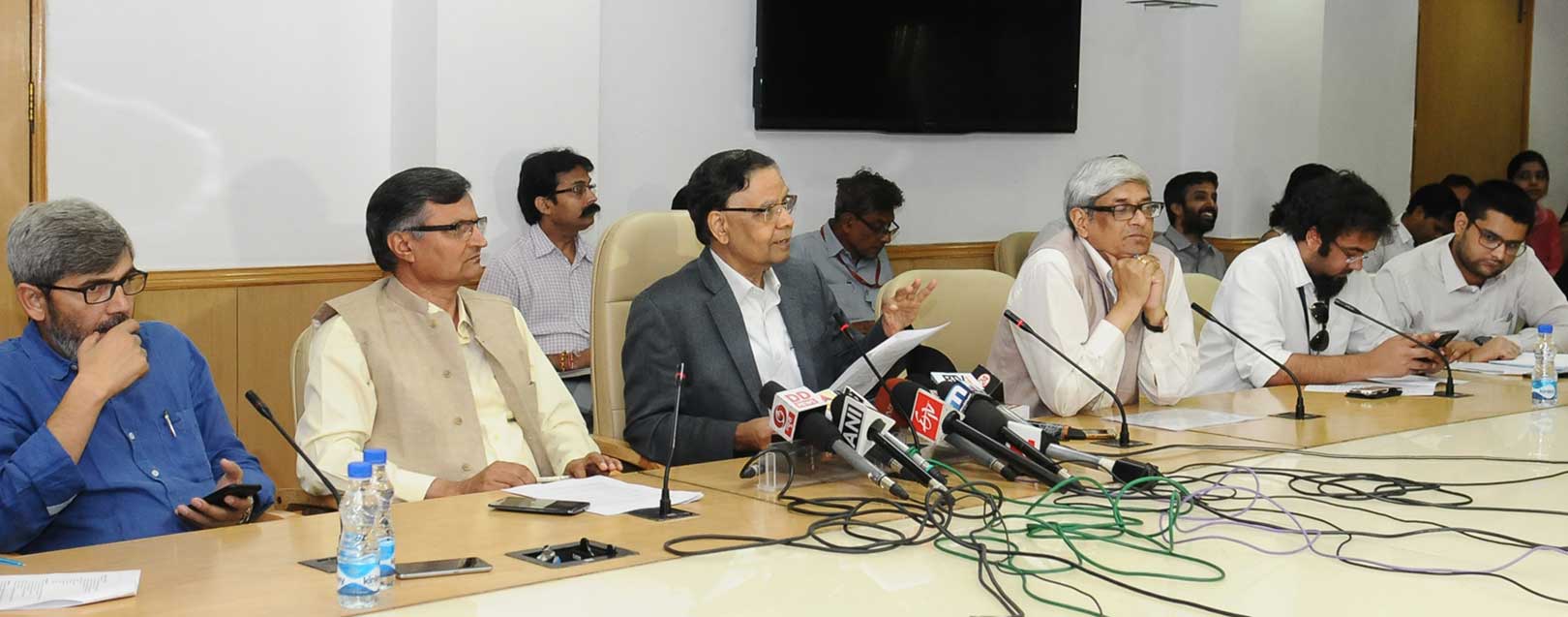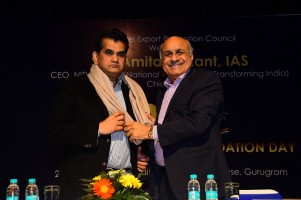
Reduction in import duty on gold needed to cut gold smuggling, Niti
The Dollar Business Bureau
The government think-tank, Niti Aayog in its recent three-year action agenda draft has suggested that the government should reduce the import duty on gold. It should be recalled that since January 2012, the government had increased the duty through a series of measures to discourage the imports of the yellow metal and keep a check on the rising current account deficit (CAD) which was 4.8% of GDP in 2012-13. It was the decision of the then finance minister P Chidambaram to keep the CAD at 3.7% of the GDP. Subsequently, as part of its efforts, the government then had increased the customs duty on platinum and gold to 10% which was again increased to 15% in September 2013. Several representations were made by the gold industry to the government. Though the duty was subsequently brought back to 10%, a higher imposition of duty then had created enough incentives for gold to be smuggled into India. "Reduction in customs duty will not only reduce incentives for illegal transactions but it will also help ensure availability of gold for small and medium firms, thereby increasing the share of gold jewellery produced by the sector," the Aayog said in its draft.
The think-tank’s recommendations were a part of the strategy to create jobs in the labour-intensive industry of jewellery making. It also suggested two simple labour reforms such as fixed-term employment and a concrete definition of start-ups to help businesses create regular jobs. Referring to the fixed-term employment which was introduced in the textiles and apparel industry, Niti said the same could be extended to contract workers in other sectors, enabling employers to go in for full-term employment rather than temporary or contract-based workers when meeting the seasonal rush on specific projects. On start-ups, the report said, “any enterprise less than five years old and having less than Rs 25 crore in turnover may be permitted to declare itself a start-up with no subsidies in any form provided to the enterprise. This will ease the burden of compliance of a vast array of labour laws on enterprise and pave the way for greater job creation."
The report also called for sweeping changes in the four coded labour laws. It suggested that the government should bring about substantive change by amending the existing laws or rewriting them fresh. This change is needed to improve the ‘low productivity and low jobs situation’ it said.
Lauding the government’s efforts in recent times through its reforms, Niti Aayog was optimistic that the country would achieve over 8% growth. It proposed a slew of reforms including, ‘a reduction in corporate tax to 25% and a uniform import duty at 7%.’ The report said, ‘There are good prospects that we will return to 8% plus growth trajectory in another 2-3 years if not sooner. Therefore, the chances of a massive cut in the poverty rate in the upcoming decade are excellent.”





